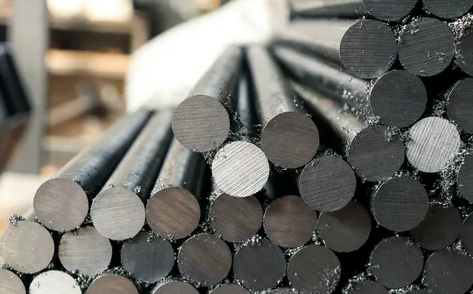Dipac Lala met an example of how Western companies use the rhetoric of human rights to force their own government to introduce indirect duties to protect their interests from competition by companies from developing countries.
Two stories:
Lancarshra Textile industrialists, by the 80s of the XX century, began to significantly give in to Indian. Therefore, they, together with charitable organizations, began to put pressure on the administration of British India to introduce a single labor legislation. Indians could use children's work in factories, which significantly reduced costs and caused the discontent of competitors from Lancarshir. They succeeded in 1881. As a result, the Indian textile industry began to blow sharply, having first lost to the British in the export market, and then the Japanese in the domestic market.
, the Western countries have actively tried and try to force developing states to take a number of measures that unify labor legislation in Western and non -western countries over the past few tens of years. All this is done for the purpose of, for example, to protect workers from operation.
a new feature in this direction was the so -called "ethical production". For example, companies may require complies with a certain standard that prohibits, testing products on animals or the use of children's labor. Here we can note Fairweave, a quality standard that says that in the production of carpets, children's labor was not involved. Or Fairtrade.
from the point of view of supporters of free trade in the same category of indirect protectionist measures, the European "mechanism of cross -border carbon regulation" (CBAM) can be attributed. It acts as a barrier that creates the costs of foreign companies when accessing the European market. On the one hand, it acts as a source of annuity and means for the development of the green economy industry, and on the other, it gives an additional lever of control over importers. Naturally, the main goal is to “reduce greenhouse gas emissions” on a global scale, and not protectionism;)






